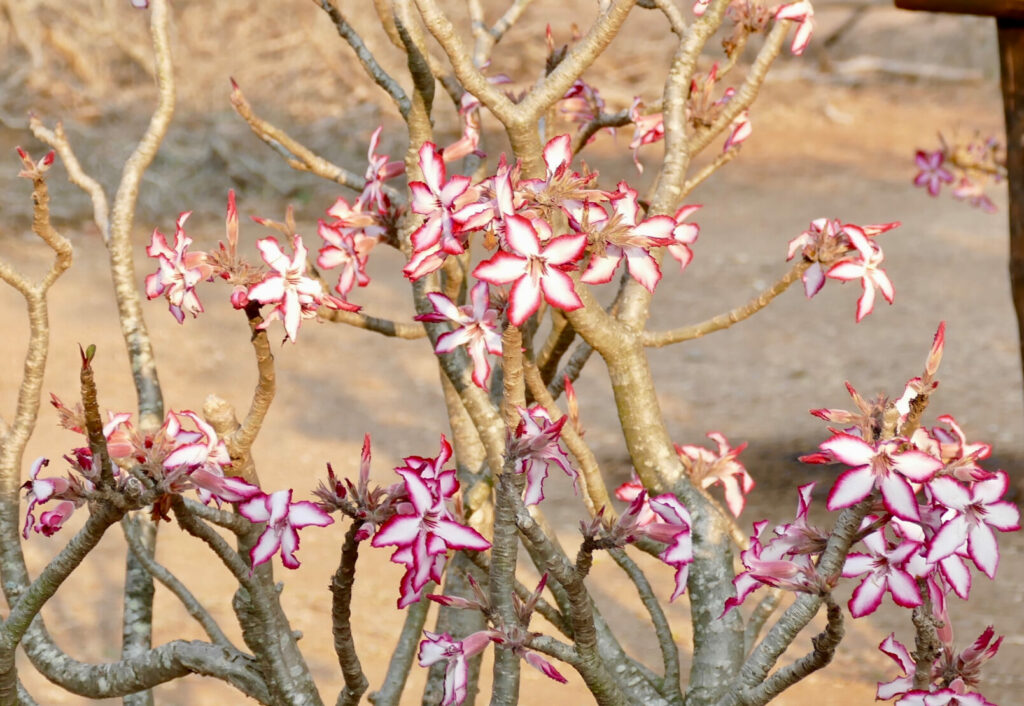Wild Tomorrow’s Greater Ukuwela Nature Reserve (GUNR) is located at the heart of South Africa’s KwaZulu-Natal. The province is so named because the land was traditionally the hunting grounds of the Zulu kings and the heartland of the Zulu people. For many, it is still their ancestral home and holds a vital place in Zulu history and its wildlife, plants, and scenery are embedded deeply within their culture.
The traditional land use of KwaZulu-Natal was for centuries a sustainable system that worked with nature to preserve its resources and benefit both people and wildlife. However, over recent decades, large-scale commercial farming gradually degraded the wild open spaces and what remained exists now as fragmented islands of biodiversity such as the GUNR. But, with WLT’s Spring Appeal: Connecting Ukuwela, Wild Tomorrow can connect the GUNR and form a corridor that will join together a tapestry of protected landscapes and work towards restoring the balance with nature to the people of local communities.
The Critically Endangered Black Rhino is known as ‘Umkhombe’ in Zulu and is known culturally as a symbol of strength and power. Its image can be found in traditional artwork and clothing to give the wearer resilience and bravery. Credit: Diane Davies/Bugwood.org
The best people to protect land are those who live there
This is why Wild Tomorrow is proud to be a majority Zulu organisation. The organisation’s staff are connected to the land that they work to protect and restore, and, in turn, Wild Tomorrow’s mission offers sustainable employment opportunities that would otherwise not be accessible to many in the surrounding communities.
The GUNR’s Assistant Reserve Manager Siya, who leads a team of 25 rangers, many who are from the nearby Mduku community, tells us: “There is very little work available here so we are all extremely happy to have the chance to have fulfilling jobs; many of the rangers have had children since working here and can give their families a life that would never have been possible without the reserve. When I go home, my own kids are smiling, happy, and healthy as they have everything they need.”
The GUNR’s fever trees were once abundant in KwaZulu-Natal, their bark used in traditional medicine and to make carvings as gifts for newborn babies. Credit: David Gill/iNaturalist
The sensational Green Mambas
Wild Tomorrow considers education and outreach one of its most important activities. One of the most successful education programs is without doubt the Green Mambas– a group of local women who have been trained in maintaining the reserves and now not only support their families but pass on everything they learn about their ancestral land and how to protect it.
Green Mamba Senzeleni Ngcobo tells us “I enjoy my work here and the other staff at Wild Tomorrow have been supportive and welcoming. The Green Mambas have all recently become full-time employees which is a cause for much celebration. All of us have families and we are each the sole providers for our children and our elder family members so to have this security makes all of us feel very blessed.”
Nature lasts a lifetime
The local people working with the organisation believe that sharing the importance of conservation with their community, starting with the children in rural schools, is the key to building a better relationship with nature. They dedicate their time and knowledge to teaching the children about the abundance of incredible wildlife that shares their home and encourage them to see natural resources as something to preserve.
This education is an effective way of preventing the poaching and over-harvesting that threatens not only the unprotected areas surrounding the GUNR, but also the reserve itself. Green Mamba Senzeleni Ngcobo explains “I have learned so much about the plants and wildlife that I never knew before and being out in nature all day I have never felt so well. As a single mother of four daughters, I feel very lucky that I can support them and share with them everything I do.”
Connecting the GUNR will create for the Nyala Antelope, a species native to the region and an important symbol of fertility in Zulu folklore. Credit: Derek Keats/iNaturalist
Read more here about our spring appeal: Connecting Ukuwela and donate today to see your donation matched to double its gift value.

